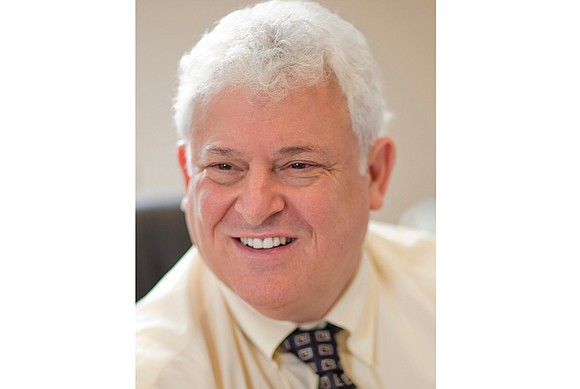A successful new experiment on human embryo raises religious questions
8/11/2017, 11:41 a.m.
By Yonat Shimron
Religion News Service
News that scientists for the first time successfully edited genes in human embryos has created a stir.
In the experiment, which was outlined in a paper published Aug. 2 in the journal Nature, scientists essentially snipped a mutant gene known to cause a heart condition that can lead to sudden death.
The work is controversial because it showed that scientists could manipulate life in its earliest stages and that those changes would then be inherited by future generations if the embryo were allowed to grow into a baby. The embryo in question was destroyed.
It also raised the tantalizing promise that the baby would be disease-free and would not transmit the disease to his or her descendants.
The work, a collaboration by the Salk Institute, Oregon Health and Science University and Korea’s Institute for Basic Science, was performed using private money because the United States forbids the use of federal funds for embryo research.
But it raises a host of ethical questions with religious ramifications. Should these edited embryos be allowed to develop into babies? Could scientists edit out undesirable traits to create customizable “designer babies?” Could it increase inequality in society between those with access to such technology and those without?
Arthur Caplan, founding head of the Division of Bioethics at New York University, answered some of those questions.
Q: The gene editing findings are a breakthrough, do you agree?
A: It’s a breakthrough, but a baby step. It’s a demonstration of proof of principle, meaning you made a correction and didn’t kill the embryo, and as far as you know, it developed normally for a little bit. It still didn’t demonstrate that there weren’t some errors made in other parts of the embryo. That might appear later in development. But it’s certainly an exciting step.
Q: People are now worried about the possibility of creating designer babies. Should they be?
A: I’m filled with amusement about that worry. The paper that was published was kind of like a demonstration that it’s possible to put a satellite in orbit. The designer baby question is sort of, ‘Can we travel to other galaxies?’ We aren’t very close. It’s not something anybody has to worry about right now. It’s certainly a consideration for our grandchildren, but not for us.
The questions today are: Who’d be watching this technique enough to decide how much safety and evidence there needs to be to try to make a baby using this technique? Who owns the technology and what will they charge people for it? Since most of the prior work on gene editing was funded by taxpayer money, it might be interesting to know if there’s going to be any effort to guarantee access at reasonable prices. The mapping of the human genome and everything that led up to this was publicly funded.
Q: But this study was done with private money and that raises the possibility that further research can be done privately and maybe even abroad, right?
A: I will guarantee this technique will move forward. There are other governments in other countries that want to do it — China, Britain, Singapore, Taiwan and Korea. There are plenty of places around the world that would not see much to object to in continuing this work. What the United States does will not be the last word.
The idea that humanity would knowingly move back from the opportunity to prevent diseases from being passed on to future generations is ludicrous. The arguments about perfect babies, mutant humans or eugenics are not going to stop attempts to prevent disease or repair disease.
Q: What practical steps can religious groups take?
A: First, get a scientist in to talk to you — someone who understands this and can tell you where we’re at in engineering embryos in humans and animals.
Second, what is the obligation to pay for this on the part of the government if it’s really oriented toward diseases and their prevention and treatment? Speak up for fair access.
Lastly, religious groups can demand that the scientific community form the kind of oversight body and rules I’m talking about.
It wouldn’t hurt to do one other thing: Try to understand historically — what was Nazi eugenics, what made it so evil? How did it come to pass? It wasn’t because of new technology. It was because of racism and bigotry. If you want to worry about abuse of today’s technology, it’s just as important to be careful about anti-disability views, racism and prejudice. That’s what leads people to misuse technology, not the technology itself.






